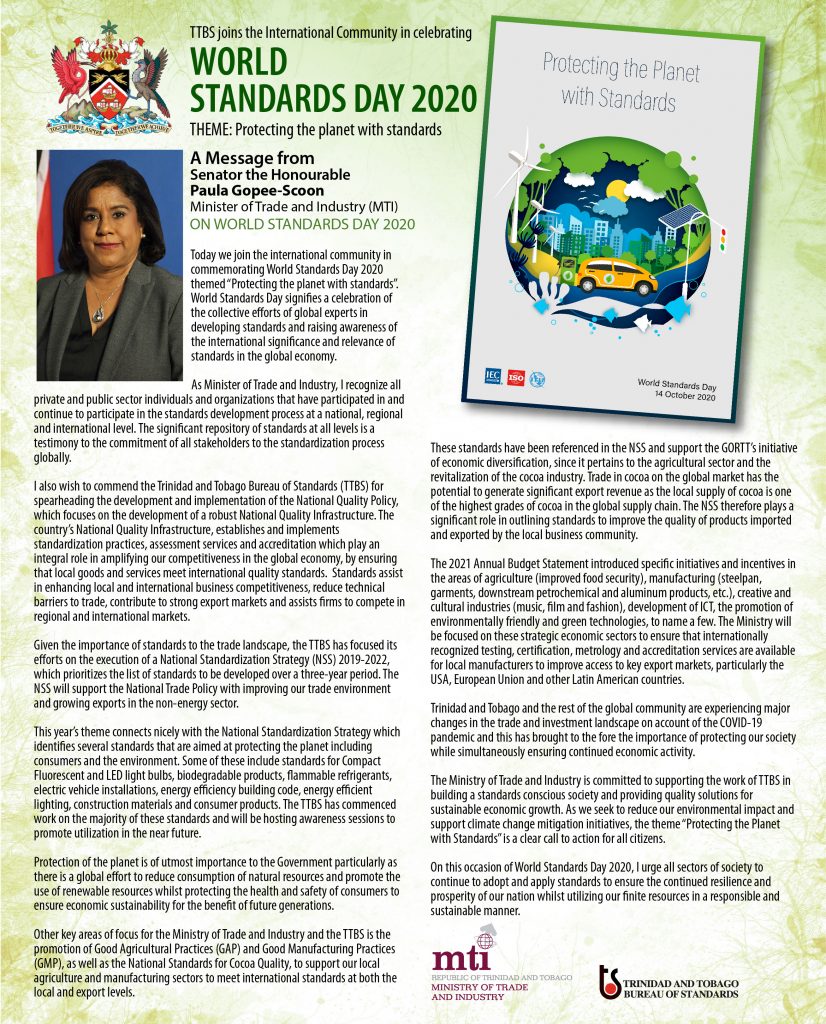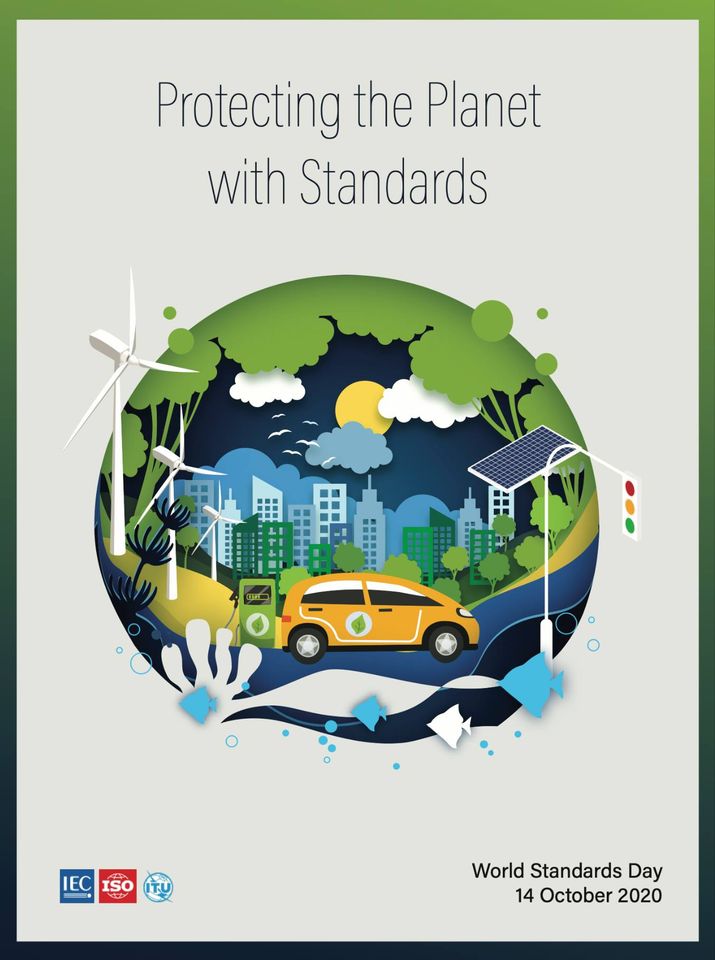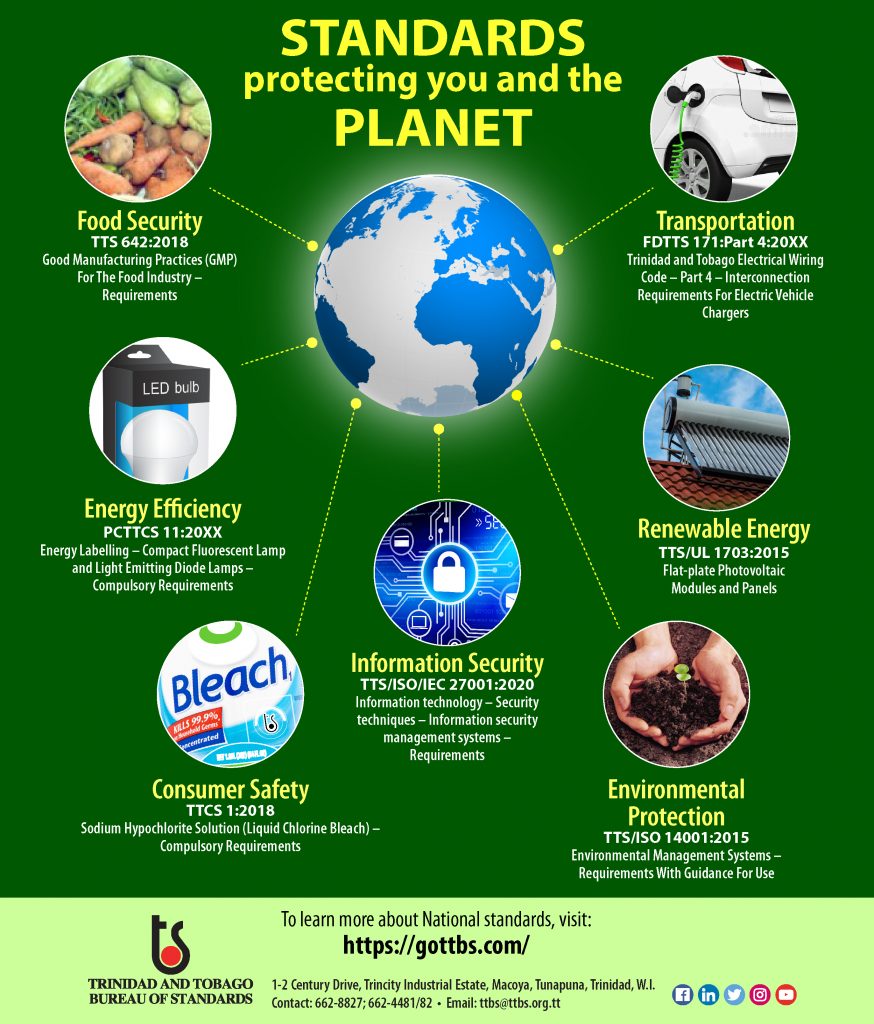
World Standards Day 2020 Joint Message By IEC, ISO and ITU
Earth, a finite vessel of life in the vastness of our solar system. Life on earth depends on energy coming from the sun. However, over the last century human and large-scale industrial activities of our modern civilization have added to the earth’s natural greenhouse gases. They negatively impact our climate and with it all forms of life. At the same time rapid population growth and broad urbanization call for the responsible use of limited resources.
To reduce human impact on our planet, we need the political will, concrete action and the right tools. International standards are one such tool. The international standards prepared by IEC, ISO and ITU take into account tried and true solutions to technical challenges. They help share expertise and expert know-how broadly within developed and developing countries alike. Standards cover all aspects of energy savings, water and air quality. They lay down standardized protocols and methods of measurement. Their broad use helps reduce the environmental impact of industrial production and processes, facilitates the reuse of limited resources and improves energy efficiency.



A Message from TTBS Executive Director Mr. Luk Pat.
A Message From ISO Secretary-General Sergio Mujica.
Happy World Standards 2020!
As we celebrate World Standards Day 2020, TTBS takes the opportunity to thank all our stakeholders including past and present members of the international, regional and national standards community.
Your voluntary contribution to the standards development activities augurs well for the development of a robust National Quality Infrastructure.
TTBS looks forward to continued support of all the experts and stakeholders who are committed to the creation of a resilient nation for sustained socio-economic growth, in the face of a global Covid-19 pandemic.
As we celebrate this World Standards Day, we are ever mindful of the individual and collective responsibilities in ensuring that we do our part to preserve the planet and effectively use our finite resources, for the well-being of future generations.

